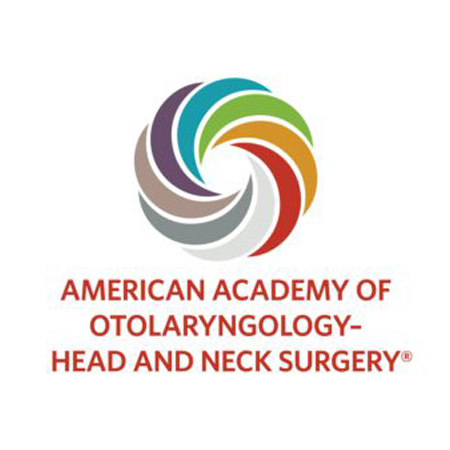Inpatient Otolaryngology Consults in the COVID-19 Era
 Researchers in the Department of Otorhinolaryngology-Head and Neck Surgery at McGovern Medical School at UTHealth Houston conducted a retrospective cohort study to identify differences in inpatient otolaryngology consultations and interventions based on patients’ COVID-19 status. Results of the study, which included all patients for whom otolaryngology was consulted at a high-volume tertiary care institution from April 30, 2020, to October 1, 2020, were presented at the American Academy of Otolaryngology-Head and Neck Surgery Annual Meeting in Los Angeles.
Researchers in the Department of Otorhinolaryngology-Head and Neck Surgery at McGovern Medical School at UTHealth Houston conducted a retrospective cohort study to identify differences in inpatient otolaryngology consultations and interventions based on patients’ COVID-19 status. Results of the study, which included all patients for whom otolaryngology was consulted at a high-volume tertiary care institution from April 30, 2020, to October 1, 2020, were presented at the American Academy of Otolaryngology-Head and Neck Surgery Annual Meeting in Los Angeles.
“A significantly higher proportion of COVID-19 positive patients were treated for epistaxis (nosebleeds) – 28% versus 8.4% for patients who tested negative. In patients who tested positive, management of bleeding was the most common procedure we performed,” says Amber Luong, MD, PhD, professor and vice chair for research in the department, who guided the study conducted by otorhinolaryngology residents and medical students. “Patients who tested positive also had nosebleeds that were more severe and required a higher median number of interventions compared to patients who tested negative for the virus. Because COVID-19 predisposes patients to a hypercoagulable state, these patients were being treated preemptively with anticoagulants, which increases the risk of epistaxis.”
COVID-19 status was based on test results dated within 14 days before or after consultation. Data from the research adds to knowledge available in the very few published studies documenting inpatient trends in ENT consults since the onset of the pandemic.
Of the 1,089 otolaryngology consults completed during the study period, 64% were negative for the virus, 5% were positive, and 31% were untested. Patients who tested positive had longer median lengths of stay than negative and untested patients, and a higher median number of interventions performed. Bleeding was present in a significantly higher proportion of positive patients than all others. The most common ENT procedure performed for patients positive for COVID-19 was bleeding management through cautery or packing of nasal or oropharyngeal cavities.
“We concluded that the risk of bleeding in COVID-19 patients should be considered when evaluating the need for therapeutic anticoagulation, and we encourage routine use of simple and cost-effective methods to decrease the risk in these patients,” Dr. Luong says. “We’re also aware of the limitations of a retrospective study and hope to see them addressed in future prospective studies.”
The research results were presented by fourth-year medical student Brady Anderson, BS, and were based on observations by Kunal Shetty, MA, MD, a second-year otorhinolaryngology resident.